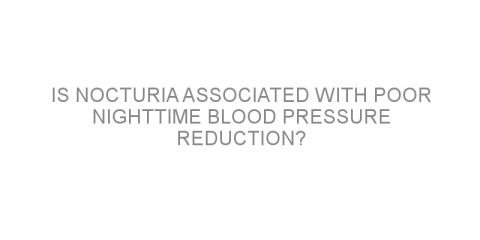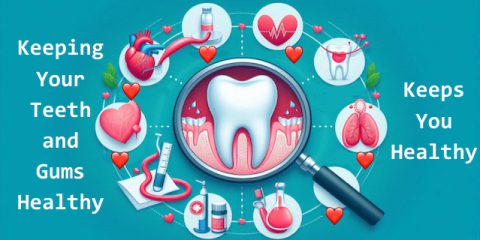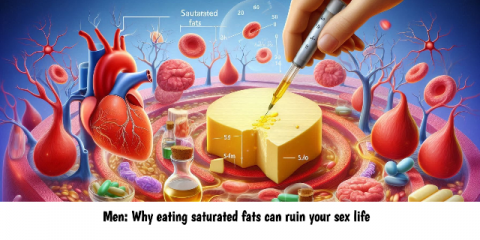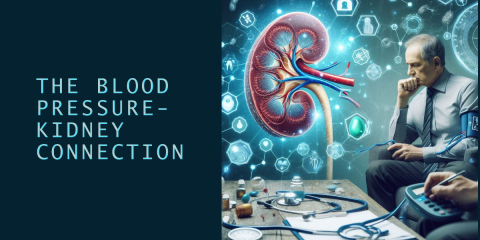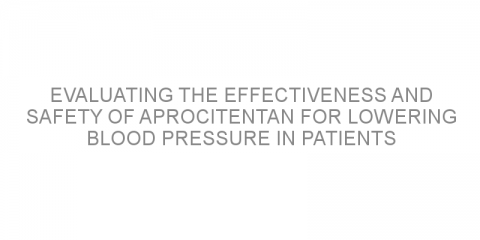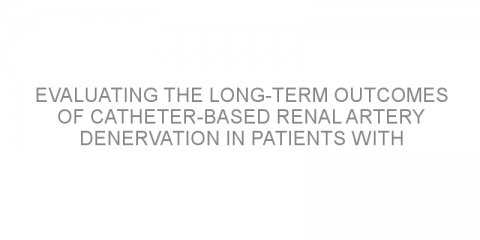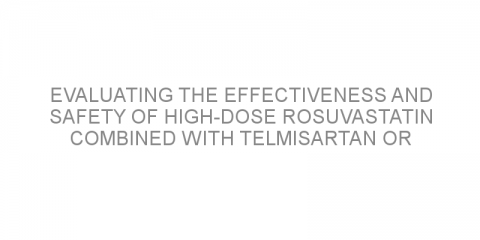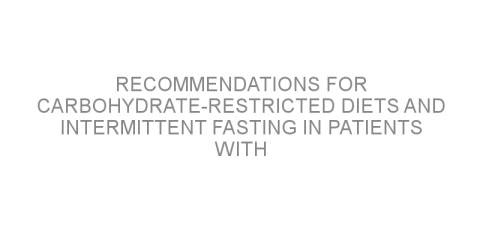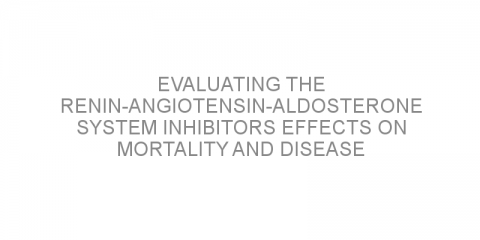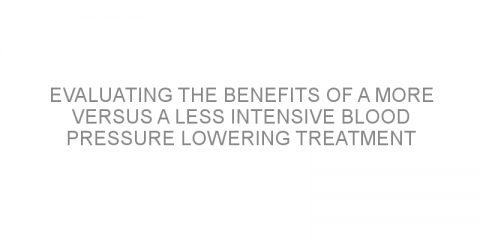In a nutshell This study evaluated the relationship between nocturnal polyuria (NP – excessive nighttime urine production) and 24-hour blood pressure fluctuations in patients with urinary symptoms. The data suggested that patients with NP had a poorer reduction of nighttime blood pressure. Some background Some patients with high blood...
Read MoreHypertension Posts on Medivizor
Brain Health | Brains at Risk: Cardiovascular Disease
Brain health, what is it? A recent study using the data from the United Kingdom (UK) Biobank Research Study that can give clues as to ways to keep brains functioning like a well tuned automobile. What is the UK Biobank Research Study? Between 2006 and 2010, the UK Biobank Research Study recruited half a million (500,000) participants aged 40 to 69....
Read MorePeriodontal Disease: Keep your teeth clean for better health
It’s like your dentist always says, brush and floss your teeth! Tooth care is not only about a bright smile and reduced cavities. It is also a way to prevent several chronic diseases, including periodontal disease (PD). Research has found associations between periodontal disease and several chronic illnesses. So what is periodontal...
Read MoreErectile Dysfunction: Saturated Fats Can Ruin Your Sex Life
How can what you eat affect your sex life? It all has to do with your arteries. According to the National Institute of Diabetes and Digestive Kidney Diseases (NIDDK), Erectile Dysfunction is “a condition in which you are unable to get or keep an erection firm enough for satisfactory sexual intercourse.”[1] A key factor in an erection is...
Read MoreKidneys and blood pressure connection
It doesn’t seem possible that high blood pressure numbers can damage kidneys. But the way kidneys work can give you an understanding of the reason. Below is a video explaining the kidneys and blood pressure connection, especially the important filtration parts of the kidneys–nephrons. The kidneys and blood pressure connection...
Read MoreEvaluating the effectiveness and safety of aprocitentan for lowering blood pressure in patients with uncontrolled hypertension.
In a nutshell This study evaluated the effectiveness and safety of aprocitentan (ACT-132577) for lowering blood pressure (BP) in patients with resistant or uncontrolled hypertension (high BP). The data showed that aprocitentan was effective in lowering the BP after 4 weeks with a sustained effect after 40 weeks compared to a placebo with...
Read MoreEvaluating the long-term outcomes of catheter-based renal artery denervation in patients with uncontrolled hypertension.
In a nutshell This study reported the long-term outcomes of catheter-based renal artery denervation (CB-RD) in patients with resistant or uncontrolled hypertension [high blood pressure (BP)]. The data showed that over the long-term CB-RD was safe and had significantly greater reductions in BP and better BP control compared with a sham control in these...
Read MoreEvaluating the effectiveness and safety of high-dose rosuvastatin combined with telmisartan or amlodipine on glucose metabolism in hypertensive patients with impaired fasting glucose.
In a nutshell This study evaluated the effectiveness and safety of high-dose rosuvastatin (Crestor) combined with telmisartan (Micardis) or amlodipine (Norvasc) on glucose metabolism in patients with atherosclerotic cardiovascular disease (ASCVD), hypertension (high blood pressure), and impaired fasting glucose (IFG or prediabetes). The...
Read MoreRecommendations for carbohydrate-restricted diets and intermittent fasting in patients with obesity, type 2 diabetes mellitus, and hypertension.
In a nutshell This study evaluated the effects of carbohydrate-restricted diets and intermittent fasting (IF) in patients with obesity, type 2 diabetes (T2D), and hypertension (high blood pressure). The authors recommended that in adults with T2D, overweight or obesity, a moderately-low carbohydrate diet can be considered as a dietary regimen for blood...
Read MoreEvaluating the association between omega-3 polyunsaturated fatty acids dosage and blood pressure in patients with hypertension.
In a nutshell This study evaluated the association between omega-3 polyunsaturated fatty acids (PUFA) dosage (amount of drug administered) and blood pressure (BP) in patients with hypertension (high BP). The data showed that the optimal combined intake of omega-3 fatty acids for lowering BP is likely between 2 g/day and 3 g/day in these...
Read MoreEvaluating the renin-angiotensin-aldosterone system inhibitors effects on mortality and disease severity in patients with COVID-19
In a nutshell This review analyzed the effect of renin-angiotensin-aldosterone system (RAAS) inhibitors including angiotensin-converting enzyme inhibitors (ACEIs) and angiotensin II receptor blockers (ARBs) on patient prognosis for COVID-19. The data suggested that there is no association between the use of ACEIs/ARBs and the risk of mortality and...
Read MoreEvaluating the benefits of a more versus a less intensive blood pressure lowering treatment strategy in patients with hypertension.
In a nutshell This study evaluated the benefits of a more versus a less intensive blood pressure (BP) lowering treatment strategy in patients with hypertension (high blood pressure). The data showed that a more intensive BP lowering treatment strategy significantly reduced the risks of stroke, heart failure, heart attacks, and cardiovascular death...
Read More
